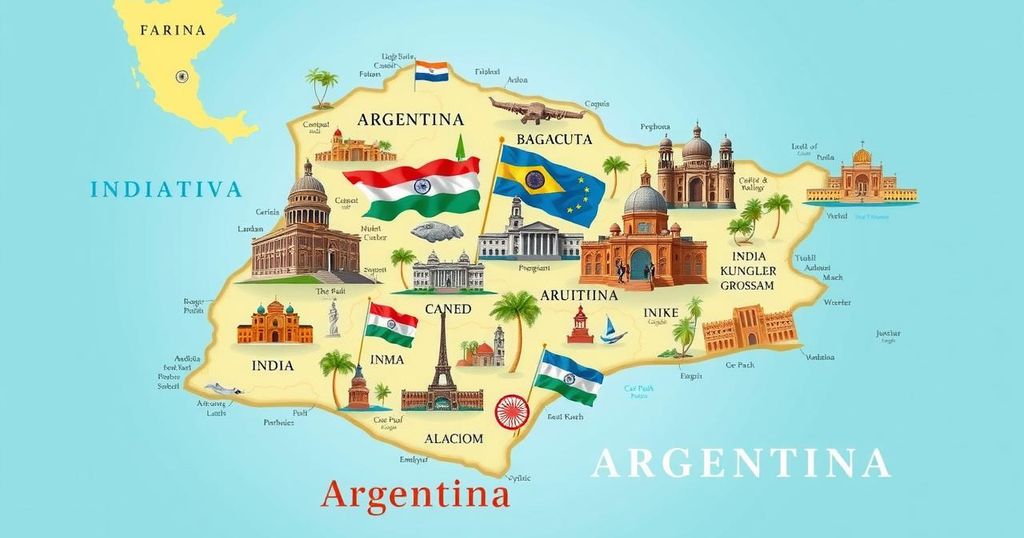Kenya’s President Vows to End Abductions of Government Critics Amid Rising Concerns
Kenyan President William Ruto has pledged to stop the abduction of government critics amid rising public concern over disappearances linked to state actions. Despite his assurances, skepticism remains regarding the government’s accountability, as many activists are still unaccounted for and families of the missing fear for their safety. Ruto’s commitment comes as a response to escalating public dissent related to economic issues and governance.
In a recent address, Kenyan President William Ruto pledged to put an end to the abduction of government critics, reflecting a marked shift from his former position that dismissed such reports as ‘fake news.’ This change follows an alarming rise in notable disappearances following protests against a contentious finance bill, with human rights advocates asserting that at least 82 individuals are unaccounted for, amidst allegations of state involvement in these incidents. While Ruto’s comments suggest a willingness to address the situation, he did not acknowledge any potential government responsibility and instead urged parents to take better care of their children.
The ongoing plight of the abducted individuals, including activists and critics of the government, underscores serious concerns regarding human rights in Kenya. Formerly supportive figures, such as Bob Njagi, have raised alarms about government intelligence monitoring dissenters. Njagi himself survived an abduction this summer, where he faced interrogation and mistreatment. Instead of formally addressing these concerns, the government has historically denied any role in the disappearances, attributing them to misinformation spread through social media.
Additionally, Ruto’s commitment to ending abductions arrives amidst rising public discontent over corruption and economic hardship, which has led young supporters to become vocal critics. The families of the missing express cautious hope that Ruto’s promises will yield tangible results, especially as the nation grapples with the implications of enforced disappearances. Calls for accountability remain loud, with many demanding clarity from police officials regarding security operations.
Despite recent political developments, skepticism persists regarding the government’s sincerity in addressing human rights abuses. Legal and societal calls for justice reflect a broader concern for Kenya’s democratic integrity, with civil society and media groups condemning the abductions. The ultimate fate of those still missing hangs in the balance, as Ruto’s administration faces increasing pressure to protect its citizenry.
The issue of abductions in Kenya has escalated in severity, particularly in the wake of public protests against government initiatives, such as recent finance bills perceived as harmful to ordinary Kenyans. Allegations of state-sponsored disappearances have raised significant human rights concerns, with many activists believing that intelligence operations are directly involved in the targeting of dissenters. This context has created an urgent discourse around freedom of expression and the safety of citizens in a climate of perceived governmental repression. President William Ruto’s recent commitments indicate a critical juncture in his administration, as the balance between governance and civil liberties comes under scrutiny.
In summary, President William Ruto’s recent vow to halt abductions of critics marks a significant shift, albeit one met with skepticism. The ongoing disappearances highlight broader human rights issues in Kenya that demand urgent attention. While Ruto’s statements offer a glimmer of hope for the families of the missing, continued pressure from civil society and the public will be essential in ensuring accountability and safeguarding freedoms in Kenya’s political landscape.
Original Source: www.cnn.com




Post Comment